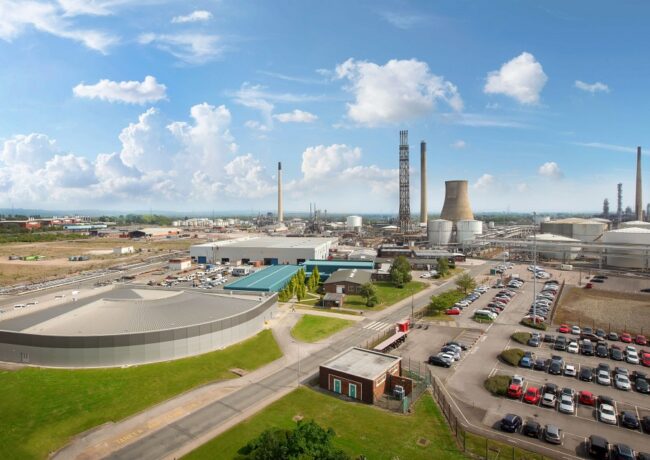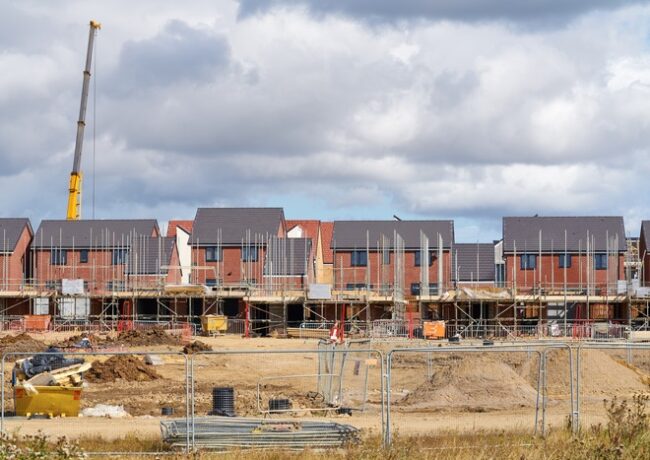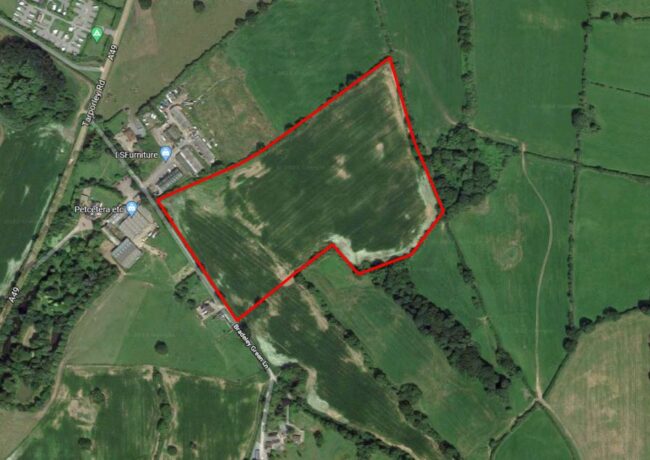Essar, Fulcrum ink waste-to-fuel deal at Ellesmere Port
The energy companies plan to build a £600m facility at Essar Oil UK’s Stanlow manufacturing complex in Cheshire to convert non-recyclable household waste into sustainable aviation fuel.
Essar Oil, which owns the Stanlow refinery at the Ellesmere Port industrial zone and US-based Fulcrum BioEnergy have signed a partnership to develop the proposals, which are currently at an early stage and no planning application has been submitted.
The project would use Fulcrum’s waste-to-fuel process, which is already being deployed at its facility outside Reno, Nevada, with operations due to begin later this year.
The proposed Cheshire bio-refinery would be Fulcrum’s first outside the US. It would convert several hundred thousand tonnes of pre-processed waste that would have otherwise been destined for incineration or landfill, into approximately 100 million litres of low carbon sustainable aviation fuel, known as SAF, annually.
The fuel would be distributed for use by airlines operating at airports across the UK, with Essar assisting with the blending and supply of fuel to airlines, and energy services company Stanlow Terminals providing product storage and logistics solutions under a long-term agreement. Stanlow Terminals already works with Essar at the Stanlow refinery.
The Fulcrum venture, known as Fulcrum NorthPoint, is expected to complement Essar’s wider plans to build a green energy industrial cluster at the Stanlow site, the company said. Earlier this year, Essar announced its participation in a pilot to produce blue hydrogen under the HyNet project, also based at Ellesmere Port.
Plans for Fulcrum NorthPoint are expected to be completed by the end of this year and subject to planning consent, the facility would be operational in late 2025. The project is expected to create 800 direct and indirect jobs during the design, build and commissioning process and more than 100 permanent jobs during its operation.
The companies said in a joint statement they hope the project will “lead the way to a cleaner and more sustainable future in the North West and change the way aviation fuel is made to help decarbonise the UK”. By using fuel derived from residual domestic household and commercial waste, greenhouse gas emissions are reduced significantly on a lifecycle basis when compared to fuels produced from conventional crude oil.
Stein Ivar Bye, chief executive of Essar Oil UK, said: “Stanlow has produced high-quality energy products for over 60 years and we intend to remain a key national supplier of energy for the UK into the future.
“Our sights are firmly set on helping to drive the UK’s decarbonisation strategy. This landmark development supports our long-term sustainability ambition to deliver the energy solutions of the future and position Stanlow as the UK’s leading sustainable aviation fuel hub.”
And Jeff Ovens, managing director for the UK & Europe at Fulcrum, said: “This project, located within one of the UK’s most important energy producing assets, will help reduce the burden on landfills and industry’s reliance on fossil fuels.
“Using the world-class facilities at Essar, including the impressive jet fuel storage facility at Stanlow Terminals and direct pipeline to UK airports, Fulcrum, along with its current and future investors, will be able to build and operate its facility more efficiently and set the ‘gold standard’ for SAF production by fully integrating its low-carbon fuel technology directly within an existing refinery.”
Unlike other fuel technologies being considered by the aviation industry, the use of SAF does not require changes to aircraft, engines, or airport infrastructure, Ovens added.





To be able to produce aviation fuel out of domestic household and commercial waste is brilliant for the environment and any development in the future that can also be added to protecting the emissions in the atmosphere will benefit the whole planet.
I did work for Unipen who did pump aviation fuel on the Manchester Jet line from Shell so I experienced the amount of fuel airports require to function. Keep up the good work.
By Peter Carr